Description
This superb collection of writings on buddha nature by the Third Karmapa Rangjung Dorje (1284?1339) focuses on the transition from ordinary deluded consciousness to enlightened wisdom, the characteristics of buddhahood, and a buddha’s enlightened activity. Most of these materials have never been translated comprehensively. The Third Karmapa’s unique and well-balanced view synthesizes Yogacara Madhyamaka and the classical teachings on buddha nature. Rangjung Dorje not only shows that these teachings do not contradict each other but also that they supplement each other and share the same essential points in terms of the ultimate nature of mind and all phenomena. His fusion is remarkable because it clearly builds on Indian predecessors and precedes the later often highly charged debates in Tibet about the views of Rangtong (“self-empty”) and Shentong (“other-empty”). Although Rangjung Dorje is widely regarded as one of the major proponents of the Tibetan Shentong tradition (some even consider him its founder), this book shows how his views differ from the Shentong tradition as understood by Dolpopa Taranatha and the First Jamgon Kongtrul. The Third Karmapa’s view is more accurately described as one in which the two categories of rangtong and shentong are not regarded as mutually exclusive but are combined in a creative synthesis. For those practicing the sutrayana and the vajrayana in the Kagyu tradition, what these texts describe can be transformed into living experience.

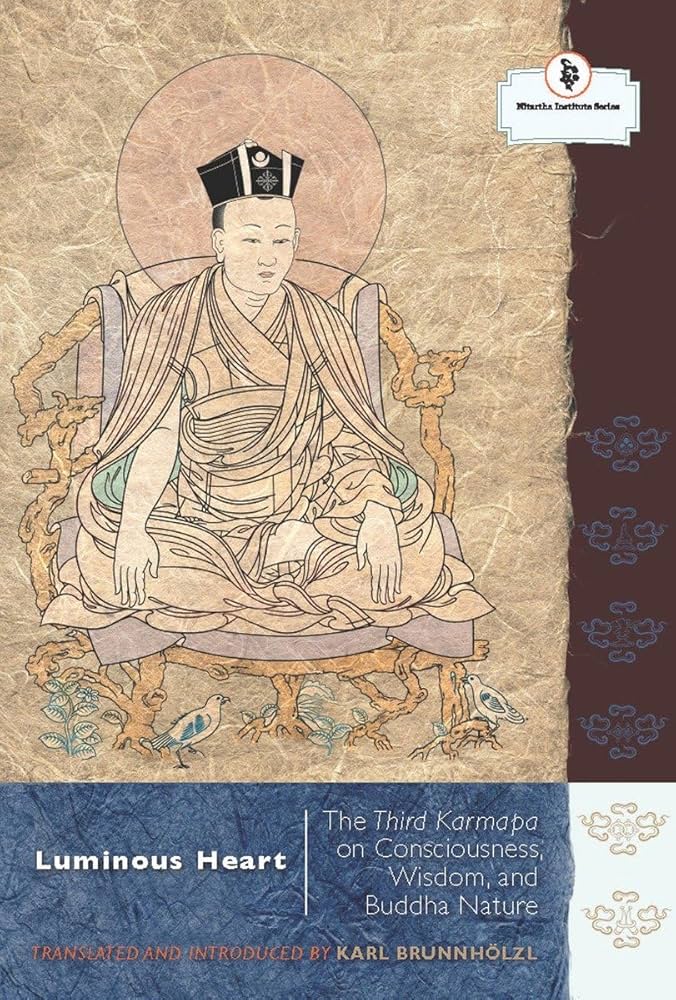

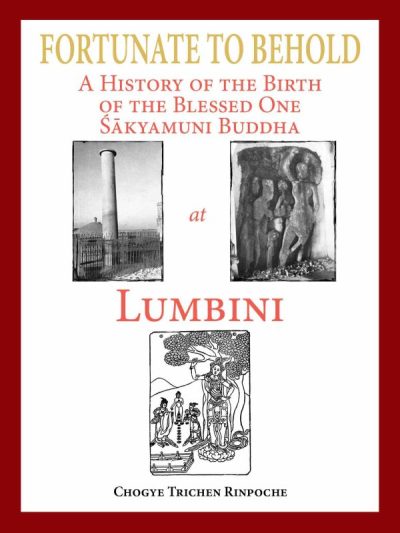
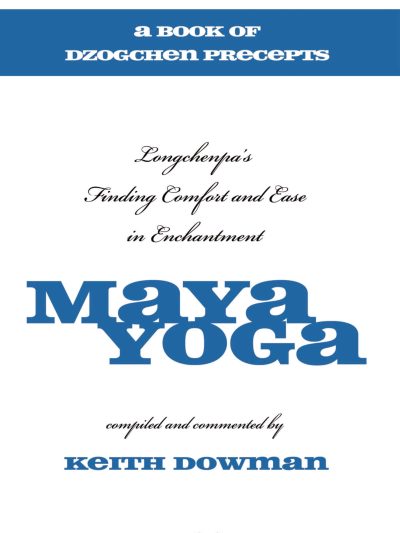
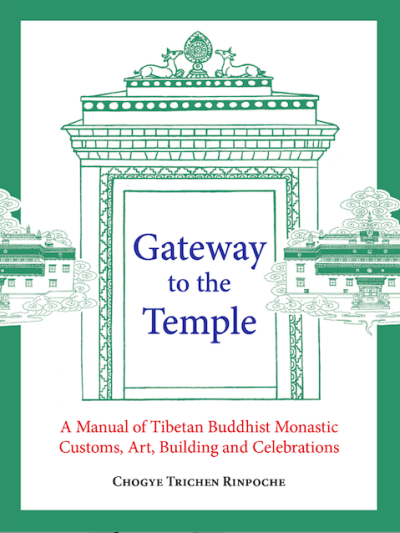
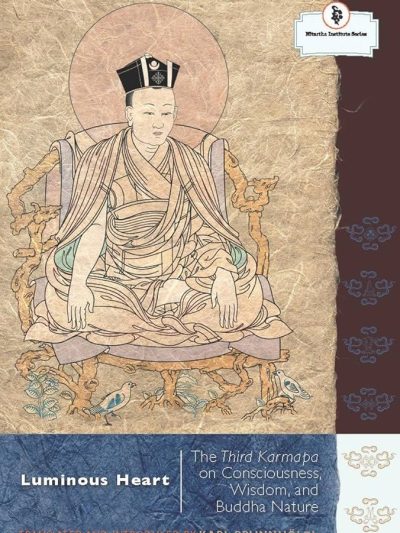
Reviews
There are no reviews yet.